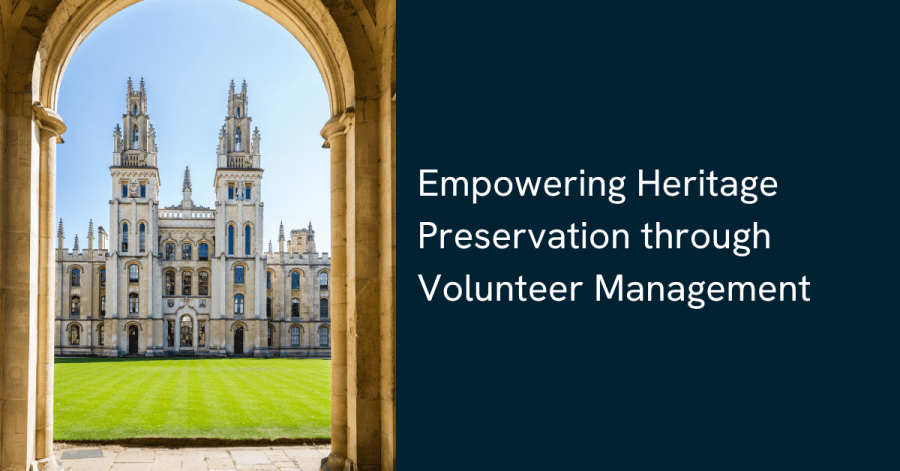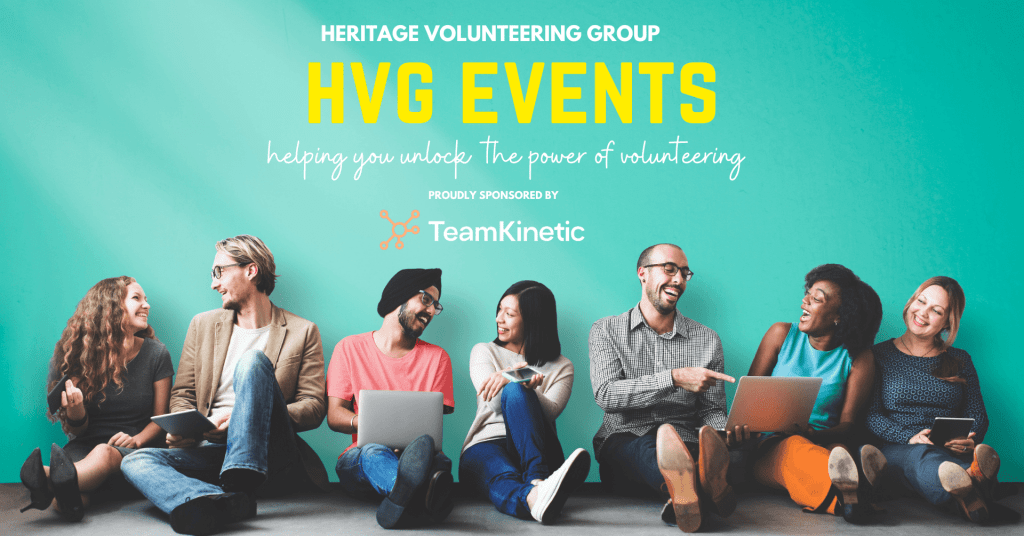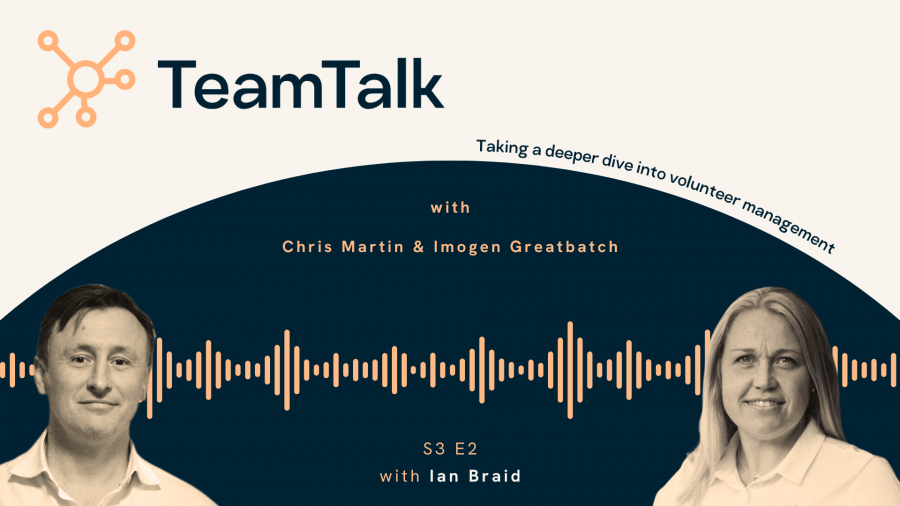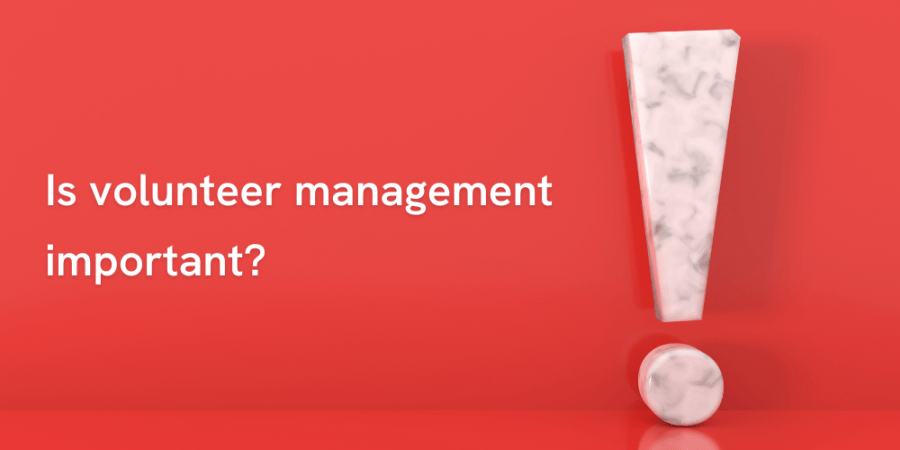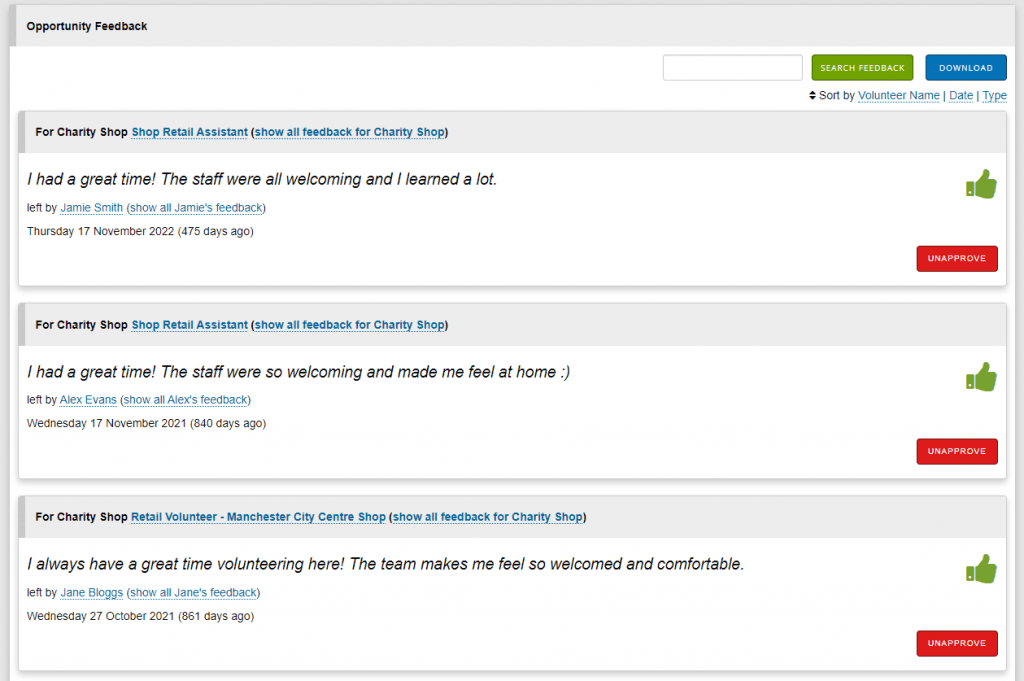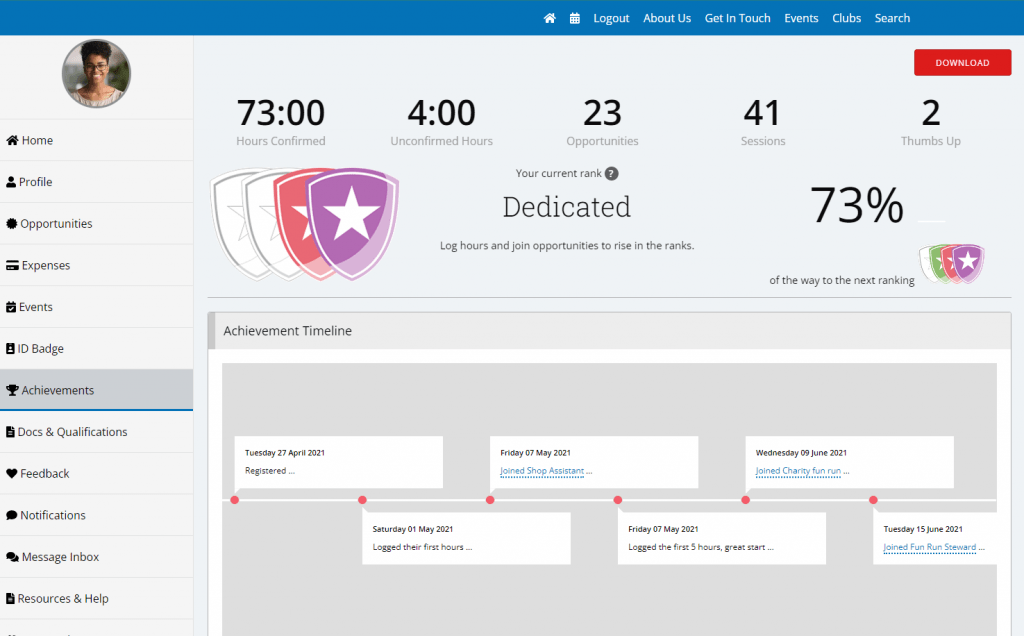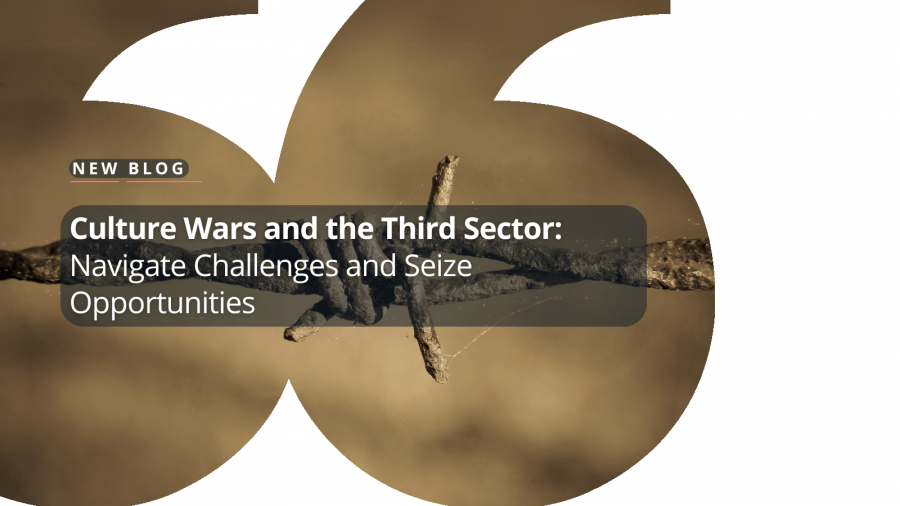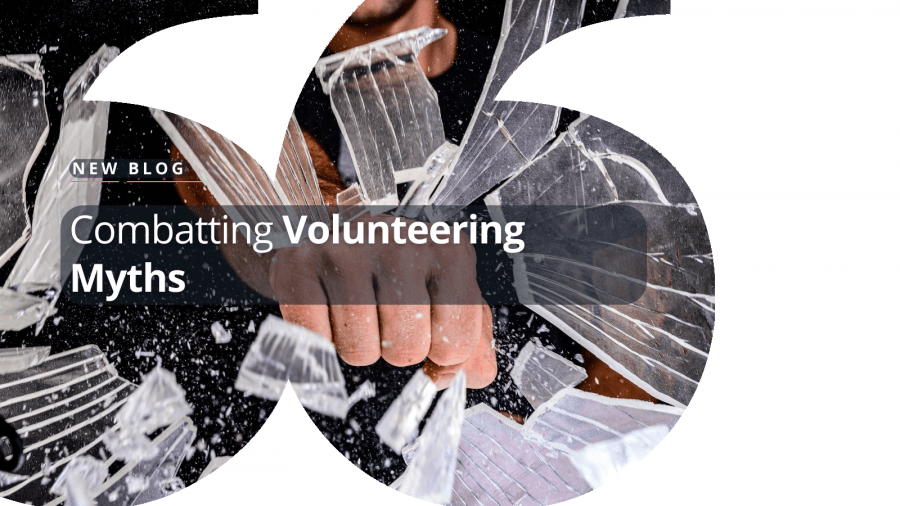We know that there are a wide range of things to consider when you are looking to invest in technology. This short article will help you develop your business case for TeamKinetic to decision-makers.
Compliance
It’s not the most exciting topic. However, it’s one of the most significant risk factors for your senior management team to consider. In this context, we are specifically thinking about compliance with the laws of the land.
So, what are we talking about when we think about managing volunteers? Below are a couple of the big ones.
- General Data Protection Regulation – 2016
- Health and Safety at Work Act – 1974
- Equality Act – 2010
You can read more about each of these and how they impact volunteers, here.
TeamKinetic is built with compliance in mind. If you are working from spreadsheets or more rudimentary systems, this may be challenging. Consider the following questions:
- Can you guarantee the appropriate collection and storage of sensitive data?
- How easy is it for you to manage a subject access request?
- Has every volunteer consented to your terms and conditions?
- Do you have a record of any training or induction a volunteer has undertaken?
- How easy is it to check for individuals whose training may have lapsed?
- Do you have reliable data on your volunteer workforce from an equality and inclusion standpoint?
- How many of your volunteers identify as disabled or with other protected characteristics?
These are all examples of compliance risks, and this burden only continues to grow. However, these are all easily solved using TeamKinetic. TeamKinetic provides the infrastructure to capture and store data in accordance with best practices and legal requirements.
Security
A sub-set of the compliance risk area, cyber security is a challenge for all organisations. The Software as a Service approach means you get the benefit of our expertise and knowledge in this space.
With our work with the Cyber Security Unit at Salford University, our Cyber Essentials certification, and as we work towards ISO 27001 compliance, you can be sure that TeamKinetic is operating at or above the industry standard. Our approach to risk is managed via our Risk Register and our published policies, giving our customers total peace of mind.
Spreadsheets, web forms and old databases might work, but they are fought with risk. A solution like TeamKinetic undergoes regular penetration testing, policy evaluation and review and work in accordance with OWASP best practice in coding and development.
Digital and Online
As the world becomes more digital, the expectations for volunteer engagement continue to rise. Your services and how individuals engage with them are being compared to everything else available online. A failure to keep up will result in organisations being left behind, especially by more digitally savvy individuals.
Currently, smartphone adoption rates in the UK sit at 91.5%, but that is expected to rise to 96.8% by 2028.
Consumer behaviour post-COVID has seen a significant shift, McKinsey published a paper in 2020 on this very topic. McKinsey’s crucial finding was that we “covered a decade of adoption in days” as a result of COVID and people have adopted digital in all aspects of their daily lives. Not only have people adopted digital, the digital world continues to move forward at a pace. The challenge for all organisations is keeping up with these digital trends.
TeamKinetic is a SaaS product or ‘Software as a Service’. This approach enables our customers to choose the best-in-class solution, off the shelf, to solve their volunteer management challenges. SaaS reduces the need for expensive infrastructure or technical expertise and it is built to meet the highest accessibility and inclusion standards. In TeamKinetic’s case, our product is constantly being improved and updated based on customer and user feedback.
We take advantage of the internet; it’s always on, available everywhere you have a network signal, on any internet-enabled device.
TeamKinetic is built to connect with other services via tools such as APIs, Webhooks, and Zapier. These are fancy ways of saying that TeamKinetic works with your other programs and applications that you might have integrated.
TeamKinetic is a professional application that provides your volunteers with a high-quality online experience.
Volunteering Trends
The current data on volunteering numbers does not make for easy reading for volunteer managers. Time Well Spent from NCVO is stark; volunteering is trending down across the board. We have seen increases in Virtual and Micro volunteering and healthy growth in the number of young people who volunteer, which suggests a more general change in volunteer attitudes and preferences.
This data suggests that organisations need more flexibility in their offer as volunteers want to choose what they do, how long they commit, and where they volunteer. For your average volunteer manager, that is a significant challenge.
Volunteer managers need a system that enables them to offer volunteers more agency and control in the form of self-service; they need methods to empower their volunteer audience to do more things for themselves. TeamKinetic provides volunteers with the ability to self-serve, self-manage and self-report. This frees up valuable volunteer manager time to ensure those needing extra support can still access it.
Quality of the Experience
As an organisation, you compete for people’s time against a world of family, entertainment and challenges including the cost of living. In that context, it’s incredible that anyone ever volunteers.
You are also responsible for creating a positive volunteer experience. The role or task a volunteer completes is an intrinsic part of this experience, but the systems you have in place to enable this are vital components too.
Your systems should never create new challenges that prevent volunteers from participating. They can’t be difficult to use or offer limited accessibility for certain users.
Enable simple rewards and recognition of volunteers’ hard work. Gather feedback from your volunteers and the volunteer opportunity providers to identify excellent practices and those who may be struggling. As a result, you can let your volunteers know the difference they are making.
Time
Most of us spend too much time on what is urgent and not enough time on what is important.
Stephen Covey
I’m yet to meet a volunteer manager who got into the job to spend more time doing computer admin! Yet admin responsibilities often squeeze your ability to actually work with volunteers. Collecting feedback and data, recording hours and outcomes, reporting to the board, and communicating with all your other stakeholders. It never ends!
Moving from spreadsheets or inadequate products can radically alter how you can do your job, how many volunteers you can support and, ultimately, the impact you can make.
TeamKinetic can provide real-time reporting, emails and structured onboarding; all of which give you and your volunteer managers more time. If we can give you more time to do the stuff that truly matters, what is that worth?
Cost
After everything we have covered above, it would be simple to say that you cannot afford not to use TeamKinetic. However, TeamKinetic is realistic about the pressures and demands on budgets and that organisations are constantly challenged to do more with less.
We started TeamKinetic to try and do the maximum amount of good, to offer something a little different to what else is available in the market, and that is strongly reflected in our pricing.
The number of volunteers who can register and use TeamKinetic is unlimited, and it will never impact your price.
We offer four product tiers designed to suit every type of organisation. Each is clearly defined with no nasty surprises or hidden costs.
We strongly believe that our cost does not truly represent our value. We are active supporters and partners with the Association of Volunteer Managers, the Sports Volunteering Research Network and the Institute of Volunteering Research. Investing with TeamKinetic is investing in the voluntary sector and we have more partnerships to announce.
Our FREE community product is available so that all organisations can benefit from TeamKinetic.
We want to build a stronger community of volunteer managers through our partnerships, monthly masterclass sessions, peer-to-peer chat space, and yearly conferences. We have developed a network of wonderful people who share many of our values and beliefs about volunteers’ fantastic impact on the world.
This list is by no means exhaustive! With that in mind, I’d love to hear your thoughts on how you have convinced your managers to invest in volunteer management. Drop me an email at chris@teamkinetic.co.uk.
You can find TeamKinetic on social media and listen to our podcast:
Twitter Facebook LinkedIn YouTube Instagram Podcast
Have you enjoyed using TeamKinetic? If you could leave us a review on Capterra, we’d really appreciate it! We’ll even send you a little thank you.







